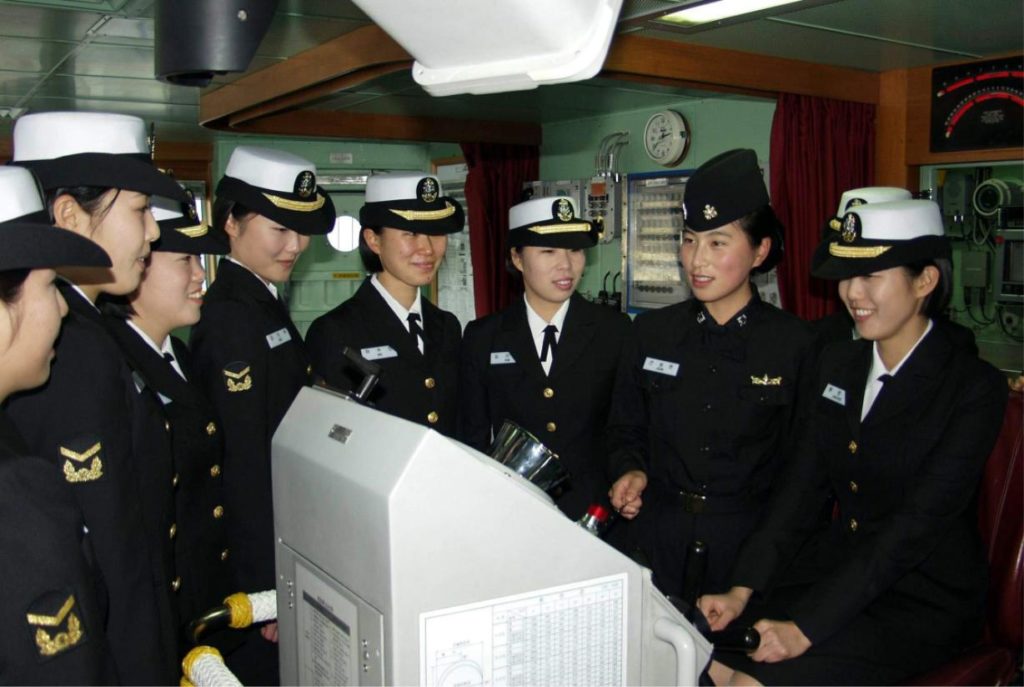The Peninsula
Steady Improvements in Gender Equality

This briefing comes from Korea View, a weekly newsletter published by the Korea Economic Institute. Korea View aims to cover developments that reveal trends on the Korean Peninsula but receive little attention in the United States. If you would like to sign up, please find the online form here.
What Happened
- The share of parental leave taken by fathers increased from 1.4 percent in 2009 to 21.2 percent in 2019.
- According to a survey, 43.2 percent of respondents said they saw a reduction in gender discrimination during last year’s Chuseok holiday; however, 39.3 percent of respondents also saw no changes.
- Female participation rate in the South Korea military rose from 5.5 percent to 6.8 percent last year. The South Korean government aims to increase the figure to 8.8 percent by 2022.
- In November, the South Korean military promoted Kang Sun-young to a two-star general, the first woman to hold this rank.
- The National Assembly passed a new law requiring large companies to have at least one woman on its board of directors.
Implications: Without waiting for voluntary changes in societal attitudes towards gender equality, the South Korean government is spearheading a series of progressive laws that are delivering modest but important advances. Developments in the past ten years suggest that measures such as male parental leave have had an impact on traditional concepts around gender roles. More men are participating in what had been traditionally viewed as a woman’s job, including food preparations during holidays and childcare. Simultaneously, women are also taking on jobs that were conventionally seen as a male occupation. Female participation rate in the military is rising and may experience stronger growth when more female officers rise to positions of authority and demonstrate that the military is a viable career for women.
Context: Although there are promising signs that gender equality is improving, South Korea still has a long way to go. The gender wage gap in South Korea is one of the highest among the OECD countries. Some young Korean women refuse to marry and have children due to the discrimination women face in a traditional family. Furthermore, non-traditional gender issues are still largely neglected. Report of a 1.3% increase in female participation in the military followed the discharging of a trans-woman from the military for transitioning during her service.
Korea View was edited by Yong Kwon with the help of Gordon Henning, Soojin Hwang, Hyungim Jang, and Ingyeong Park.
Picture from flickr user damopabe
